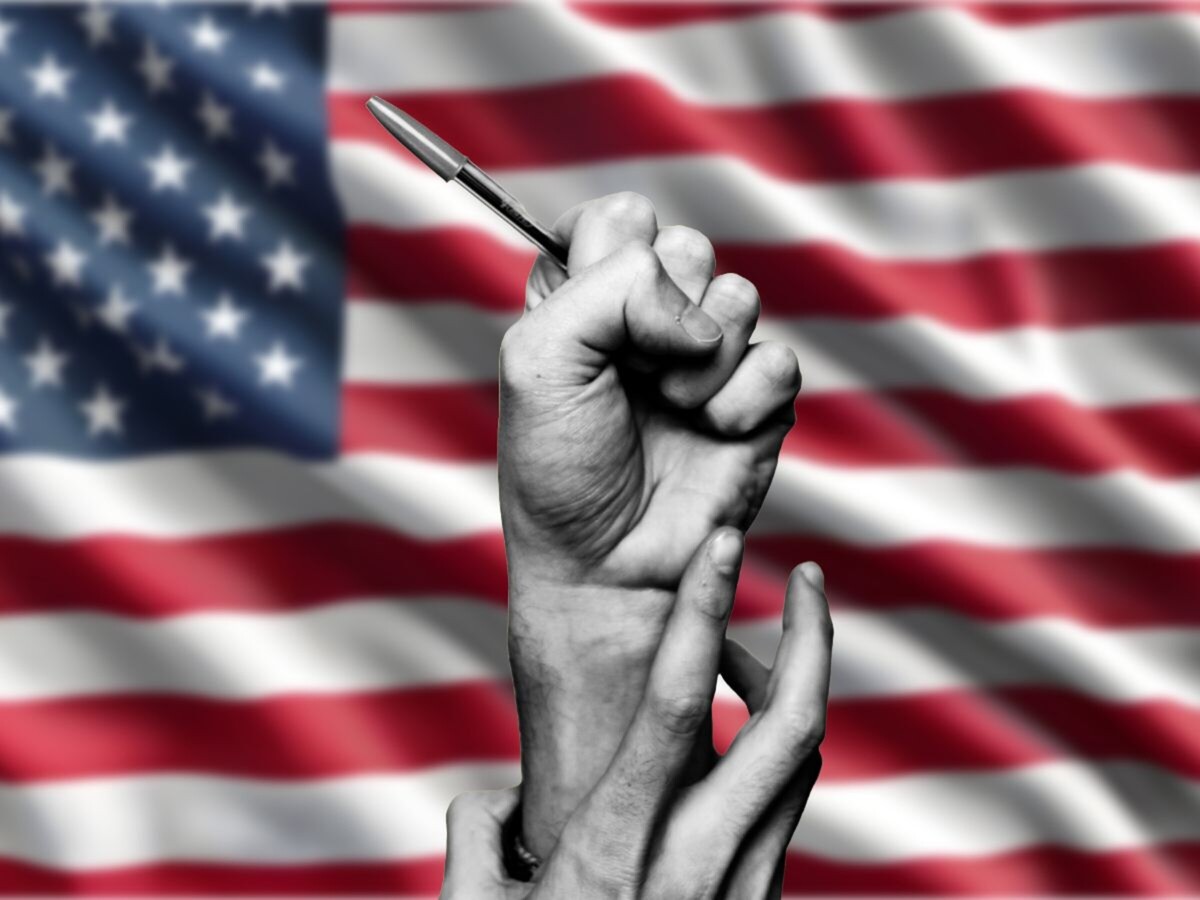Image


UNITED STATES OF AMERICA - For over two centuries, freedom of the press has been recognized as essential to the strength of American democracy. The U.S. Constitution enshrines this right in the First Amendment, granting journalists the liberty to report on government actions, question public officials, and provide diverse viewpoints—all without fear of retaliation. This freedom allows the media to act as a "Fourth Estate," a term that refers to the press’s unofficial yet crucial role in balancing government power by informing the public.
“Information and knowledge are powerful tools,” said Secretary of State Antony Blinken in a speech from May 2, 2021. “A free and independent press is the core institution connecting publics to the information they need to advocate for themselves, make informed decisions, and hold governmental officials accountable.”
U.S. Secretary of State Antony Blinken's remarks underscore the idea that information is power—especially when it enables citizens to critically assess government actions.
The concept of a "Fourth Estate" can be traced back to the 18th century. Philosopher Edmund Burke is credited with highlighting the press as a key entity apart from the traditional three branches of government: the executive, legislative, and judicial branches. This independent role is especially significant in the United States, where the media operate free of direct government funding. Instead, they rely largely on subscriptions and advertising revenue, further preserving their independence.
Historically, American journalists have served as watchdogs, bringing to light government misconduct and sparking critical reforms. During the American Revolution, newspapers provided vital updates on British rule and later shared influential Federalist and Anti-Federalist papers that debated the formation of the Constitution. In the 1950s, the press exposed Senator Joseph McCarthy’s baseless accusations of communism, ending a nationwide witch hunt. The Watergate scandal, unveiled by journalists in the 1970s, led to the resignation of President Nixon, while in 2013, the press disclosed National Security Agency (NSA) surveillance of American citizens, leading to civil liberty protections.
Today, organizations like the Committee to Protect Journalists, Freedom House, and Reporters Without Borders monitor press freedom worldwide, highlighting threats journalists face in nations where free press does not exist. In authoritarian regimes, where governments typically control or censor the media, dissenting voices are often silenced, sometimes through intimidation or imprisonment. By contrast, U.S. journalists are safeguarded by constitutional protections that enable them to report on issues from public health to civil rights and more.
A free and unbiased press, the fourth estate, is the public's first line of defense when combating an authoritative regime, or any form of abuses of power, and is essential to upholding our country's increasingly fragile democracy.
Roman poet Juvenal wote, "Quis custodiet ipsos custodes?" or "Who will watch the watchmen?" This phrase, a work of a 1st and 2nd century Roman poet stands with relevance to our political system in the U.S.A today. And to this question all journalist must answer with a resounding confirmation and say, "We, the press."